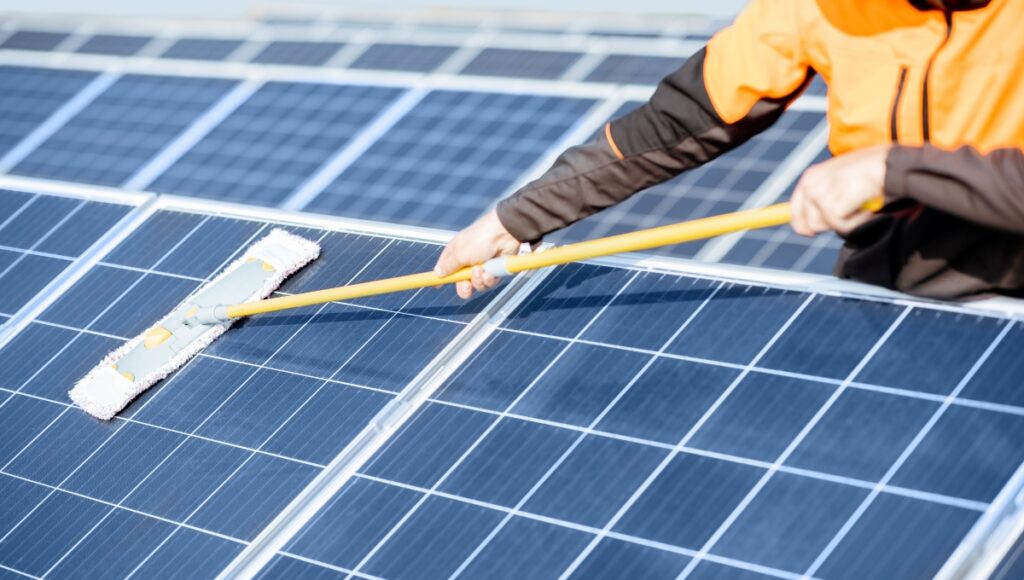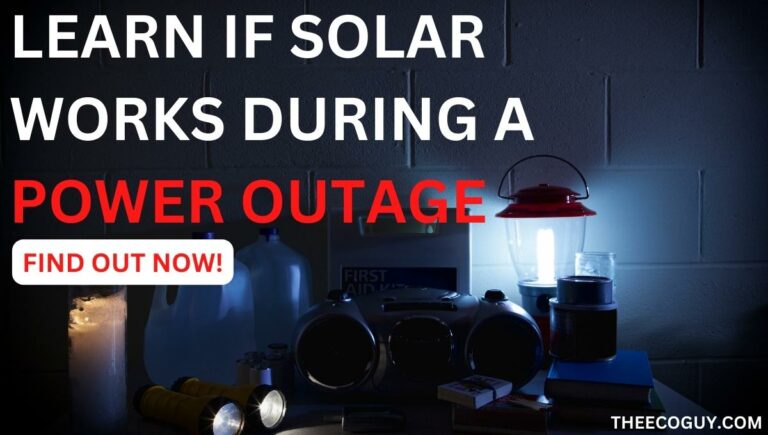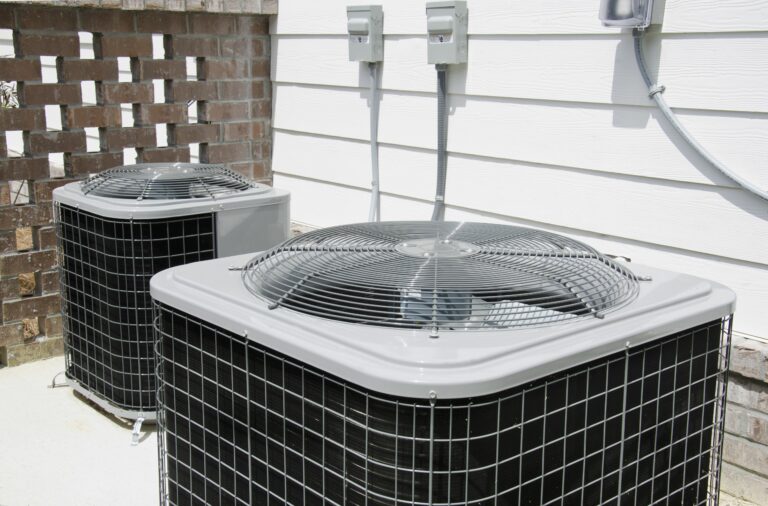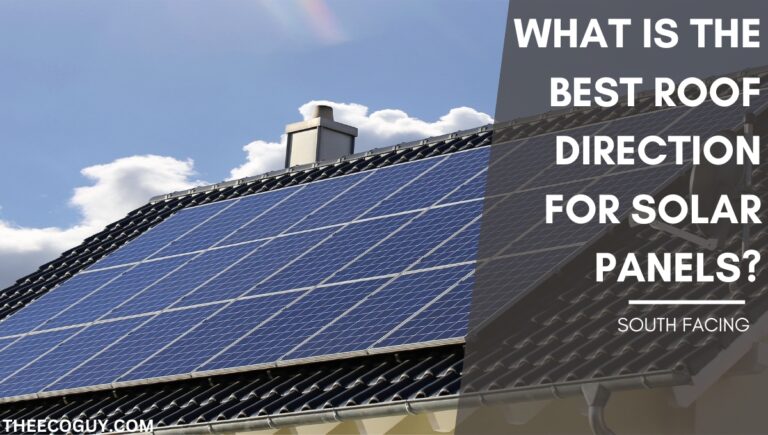Solar Panels and Your Home’s Value: Understand the Connection

Are you considering investing in solar panels for your home? If so, you’re not alone! With the growing interest in clean energy solutions and the need to reduce our carbon footprint, homeowners worldwide are turning to solar power as a sustainable and cost-effective option. But have you ever wondered how solar panels affect your home’s value?
In this blog post, we’ll explore the connection between solar panels and your home’s value, discussing the financial benefits, environmental advantages, and factors that can influence the overall worth of a solar-powered home. We’ll also address potential drawbacks and provide tips for maximizing the value of your solar investment. So, let’s get started!
The Financial Benefits of Solar Panels: A Deeper Dive
Installing solar panels on your property offers several vital financial benefits that contribute to an increased home value:
- Reduced energy bills: By generating electricity, solar panels can significantly reduce your monthly energy costs. Depending on your location and the size of your solar system, you could save anywhere from 50% to 90% on your utility bills.
- Potential tax credits and rebates: Many governments offer incentives, such as tax credits or rebates, to encourage homeowners to invest in solar power. In the United States, for example, the federal solar tax credit (also known as the Investment Tax Credit) allows homeowners to deduct 26% of the cost of their solar installation from their federal taxes.
- Long-term savings and increased home value: Solar panels have a 25-30 years lifespan, meaning you’ll enjoy the benefits of reduced energy bills for decades to come. Studies have shown that homes with solar panels sell for an average of 4% more than comparable properties without solar power.
Let’s take a closer look at how these financial benefits can translate into real-world savings for homeowners:
Example 1: A homeowner in California with a $200 monthly electric bill installs a solar panel system that offsets 80% of their energy usage. Over 25 years, this homeowner would save an estimated $48,000 on their electricity bills.
Example 2: A homeowner in New York spends $30,000 on a solar panel installation and receives a 26% federal tax credit, reducing their out-of-pocket cost to $22,200. If their home value increases by 4% due to the solar panels, this could represent an additional $30,000 in home value (assuming a $750,000 home)!
These examples demonstrate how investing in solar power can lead to significant financial benefits for homeowners.

Environmental Advantages and Home Appeal: Setting Your Property Apart
In addition to the financial benefits, solar panels provide significant environmental advantages:
- Reducing carbon emissions: By generating clean energy from the sun, solar panels help reduce your reliance on fossil fuels and lower your carbon footprint. This contributes to global efforts to combat climate change and preserve our planet for future generations.
- Promoting sustainability: Solar energy is a renewable resource that won’t deplete over time, like fossil fuels. By investing in solar power, you’re supporting the transition to a more sustainable energy future.
Homes with solar panels are increasingly attractive to potential buyers who prioritize eco-friendly living. As the trend towards green homes continues to grow, solar panels can set your property apart in the competitive housing market:
- Buyer appeal: Many homebuyers are willing to pay a premium for properties with solar panels, as they recognize the long-term savings and environmental benefits.
- Market differentiation: In some markets, having solar panels can help your home stand out from other listings, potentially leading to a faster sale at a higher price.
The Impact on Home Appraisals: How Solar Panels Influence Property Value
Solar panels can also positively influence the appraisal process regarding home values. Appraisers are increasingly considering the importance of solar installations and the potential return on investment they can offer. Recent studies have shown that homes with solar panels sell for an average of 4% more than comparable properties without solar power. This demonstrates the clear connection between solar panel installations and increased home value.
However, it’s essential to note that not all appraisers are familiar with solar technology or its impact on property values. As a homeowner, you may need to provide documentation, such as energy savings estimates or information on local solar incentives, to help your appraiser accurately assess the value of your solar installation.
Factors That Determine Solar Panel Value: Making the Most of Your Investment
Several factors can determine the value of a solar panel system for your home:
- Size and quality of the installation: Larger, high-quality systems can generate more electricity and provide more significant long-term savings. Investing in top-tier solar panels and working with a reputable installer can ensure your solar system performs optimally over its lifespan.
- Location of the property: Homes in areas with abundant sunlight and higher electricity rates can see a higher return on investment from solar panels. Before installing solar panels, research your region’s solar potential and local electricity prices to maximize your savings.
- Local electricity rates: The cost savings from solar power will depend on the electricity rates in your area, with higher rates leading to more significant savings. Keep an eye on local energy trends and consider locking in favorable rates with a net metering agreement or power purchase agreement (PPA).
Understanding these factors can help you make informed decisions about investing in solar power for your home and maximizing the value of your solar installation.

Potential Drawbacks and Considerations: Addressing Common Concerns
While solar panels offer numerous benefits, it’s important to acknowledge potential drawbacks and considerations:
- Maintenance costs: Solar panels require periodic maintenance, such as cleaning and component replacement, which can add to the overall cost of ownership. However, these costs are generally minimal compared to solar energy’s long-term savings.
- Aesthetic concerns: Some homeowners may not find the appearance of solar panels appealing and may worry about their impact on curb appeal. To address this concern, consider sleek, low-profile solar panel designs or integrated solar roofing materials that blend seamlessly with your home’s architecture.
- Challenges with selling a solar-powered home: Some buyers may be unfamiliar with solar energy or hesitant to take on the responsibility of maintaining a solar panel system. As a seller, you can help alleviate these concerns by providing educational materials, sharing your personal energy savings data, and offering a transferable warranty for your solar system.
Final Thoughts: Reaping the Rewards of Solar Power
There’s a clear connection between solar panels and increased home value. By investing in solar power, you’ll enjoy financial benefits, contribute to a healthier environment, and potentially increase your property’s worth.
By understanding the factors that influence solar panel value and addressing potential concerns, you can maximize the return on your solar investment. If you’re considering solar energy for your home, now is a great time to explore your options and join the growing number of homeowners reaping the rewards of solar power.






